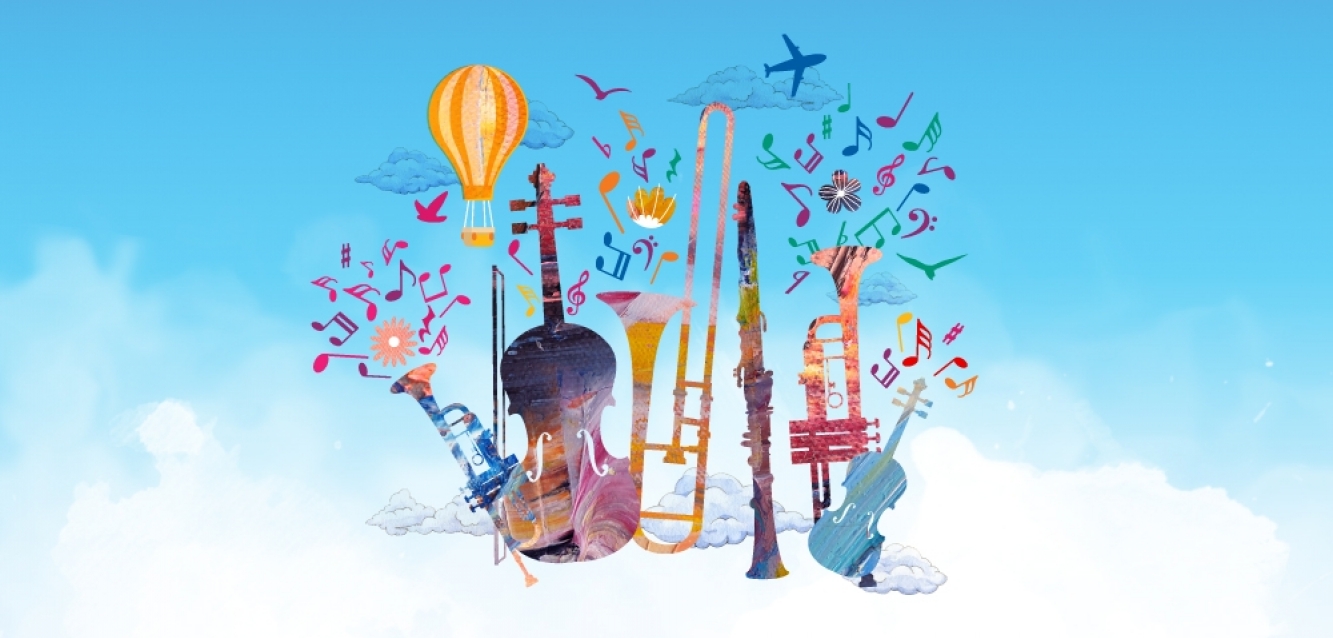From the underworld to haunted forests and stormy seas, myth has always been opera’s most dramatic setting. In this blog, we’ll explore four compositions which is inspired by mythology.
L’Orfeo – Monteverdi (1607)
Opera was born with a myth. In L’Orfeo, Monteverdi tells the timeless story of Orpheus, the legendary bard who dared to descend into the underworld to bring back his beloved Eurydice. At first, the music glows with a sense of joy, echoing Orpheus’ positivity as he travels into the underworld, but as he enters Hades, it becomes something darker.
In one of opera’s most haunting moment, Orpheus, heartbroken sings to the rulers of the underworld. His voice pleads for mercy. Moved by his plight, they agree to release her… for a cost.
Der Freischütz – Weber (1821)
A cornerstone of Romantic opera, Weber’s Der Freischütz trades Olympian gods for haunted woods and trembling hearts. The story follows Max, a young marksman whose pride is wounded after losing to a peasant. Desperate to regain his honour and win the hand of his beloved Agathe, he agrees to one final shooting contest. But with his pride injured and fear creeping in. He makes a fateful choice: he turns to the supernatural.
The path leads him deep into Wolf’s Glen in one of opera’s most chilling scenes. In a Faustian bargain, Max helps cast seven enchanted bullets. But he’s warned that the final one is controlled by Samiel, a shadowy demon who chooses its target.
The music balances between cheerful folk music and dread. In the final contest, Max fires and Agathe falls. But she lives. The cursed bullet claims not her, but Max’s rival and Samiel’s true servant, Kaspar. Max is nearly exiled. But Agathe pleads for mercy and ultimately, redemption wins.
The Flying Dutchman – Wagner (1843)
Cursed to sail the oceans for eternity, the Dutchman is a ghost ship captain bound by despair. The only way he can freed? To find someone who loves him faithfully until death. Wagner’s epic score embodies the sea itself.
At the heart of the myth, Senta, a woman who can believe she can change his heart. When the two finally meet, their connection is immediate and intense. The Dutchman, hardened by centuries of betrayal begins to pull away. She must make a dramatic choice. Stay in her world of sacrifice everything.
In the end, it’s her selfless act that breaks the curse. The Dutchman is saved not by time, or fate, but by love that asks for nothing in return.
Ah, lo previdi – Mozart
While it isn’t a full opera, it might as well be one. In just a few minutes, Mozart distils the myth into pure emotion. Andromeda has lost her beloved Euristeo and turns on Perseus, furious that the great hero failed to save him
We don’t need a stage to see what’s happening. The orchestra is a whirlwind of music as she lashes out. But then she falters and pleads and finally whispers: ‘Per pietà, non dirmi addio’ (‘For pity’s sake, don’t say goodbye’)
The myth is stripped bare, and what is left is a gripping story of heartbreak.
Inspired?
Feeling inspired? You can hear Ah, lo previdi and selections from Der Freischütz in our upcoming Summertime Soiree concert. Wagner’s The Flying Dutchman will sail onto our main stage in Spring 2026.





